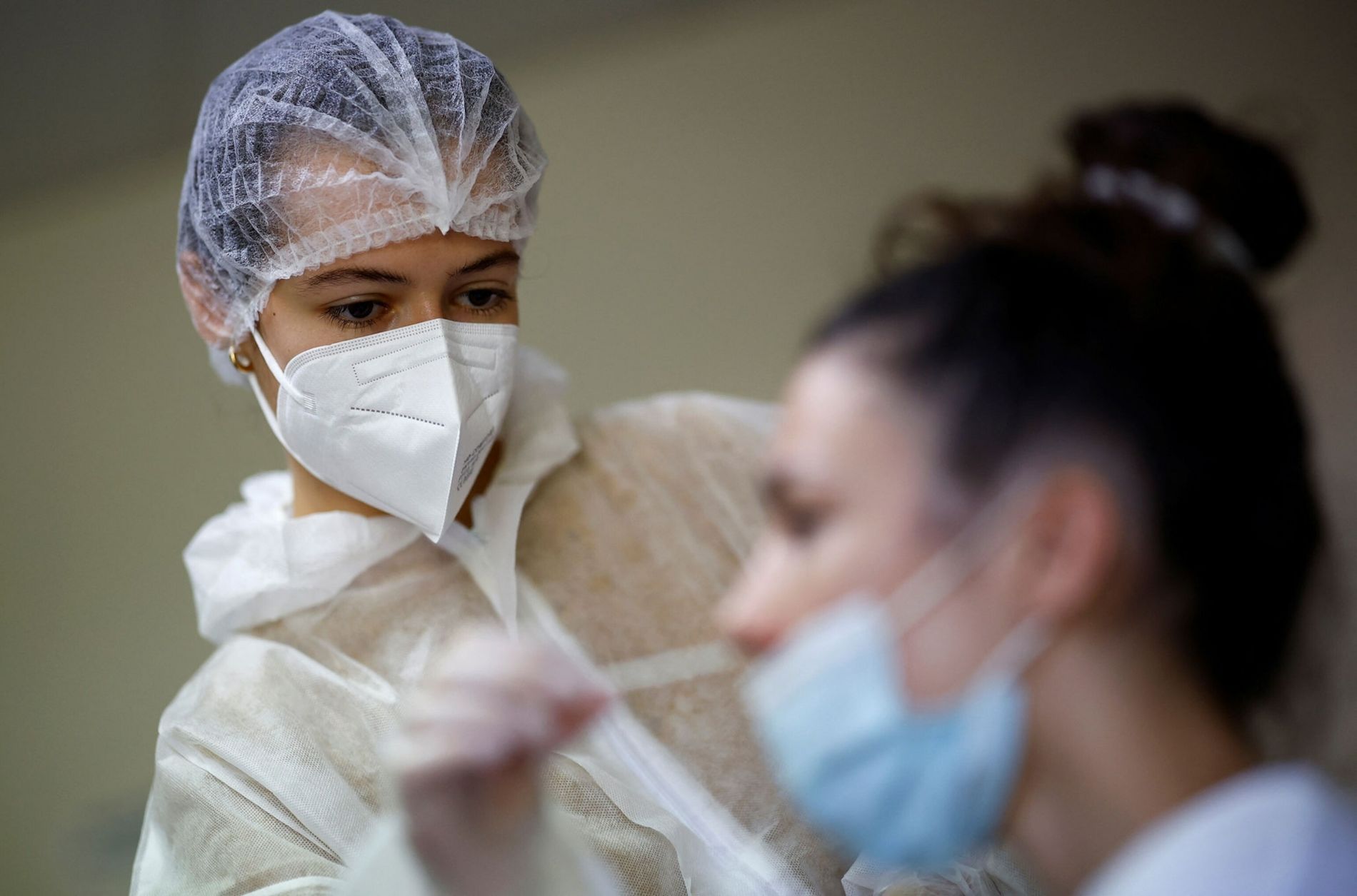The first recognitions of this variant have been found in the United Kingdom, the first case being in January 2022, confirmed by the Health Security Agency of that country.
The strain is the genetic change that occurred to the Omicron variant. More than 600 cases have been confirmed during the month of October this year in the UK.
The new XE variant is recombinant, which means that it is a combination of the original strain Ómicron and its subvariant BA.2.
The reason this is the XE recombinant variant is that we have already confirmed XA, XB, XC, XD, and none of them have turned out to be really alarming or dangerous.
The XE strain makes up less than 1% of reported cases in the UK as of October 2022, and there is as yet no evidence that the variant causes more severe symptoms or is not recognized by the vaccine.
According to the latest reports from the Ministry of Health, the predominant variant is still BA.2, the same as in other countries in the world.
In March of this year, the WHO noted XE’s high transmissibility and possible growth over the BA.2 subvariant, which now accounts for 70% of cases in the United States.
Other variants have been detected, such as XBB and BQ.1, which have great propagation capacity and could be resistant to current vaccines. These new strains of coronavirus have been detected in the UK, with more than 700 cases of BQ.1 identified across the country, while XBB has seen 18 cases, according to The Independent and ABP News.
The Technical Advisory Group of the World Health Organization (WHO) met in the month of October 2022, to discuss changes in the virus and track variants, discuss the latest evidence on the Omicron variant and how its evolution is currently being developed, taking into account the high percentage of the immunized population.
On the development of certain variants, the Advisory Group concluded that the general phenotype of XBB and BQ.1 differs enough from each other, or from other Omicron lineages, to warrant classification as a new variant of concern, although Omicron remains a very worrying variant.








